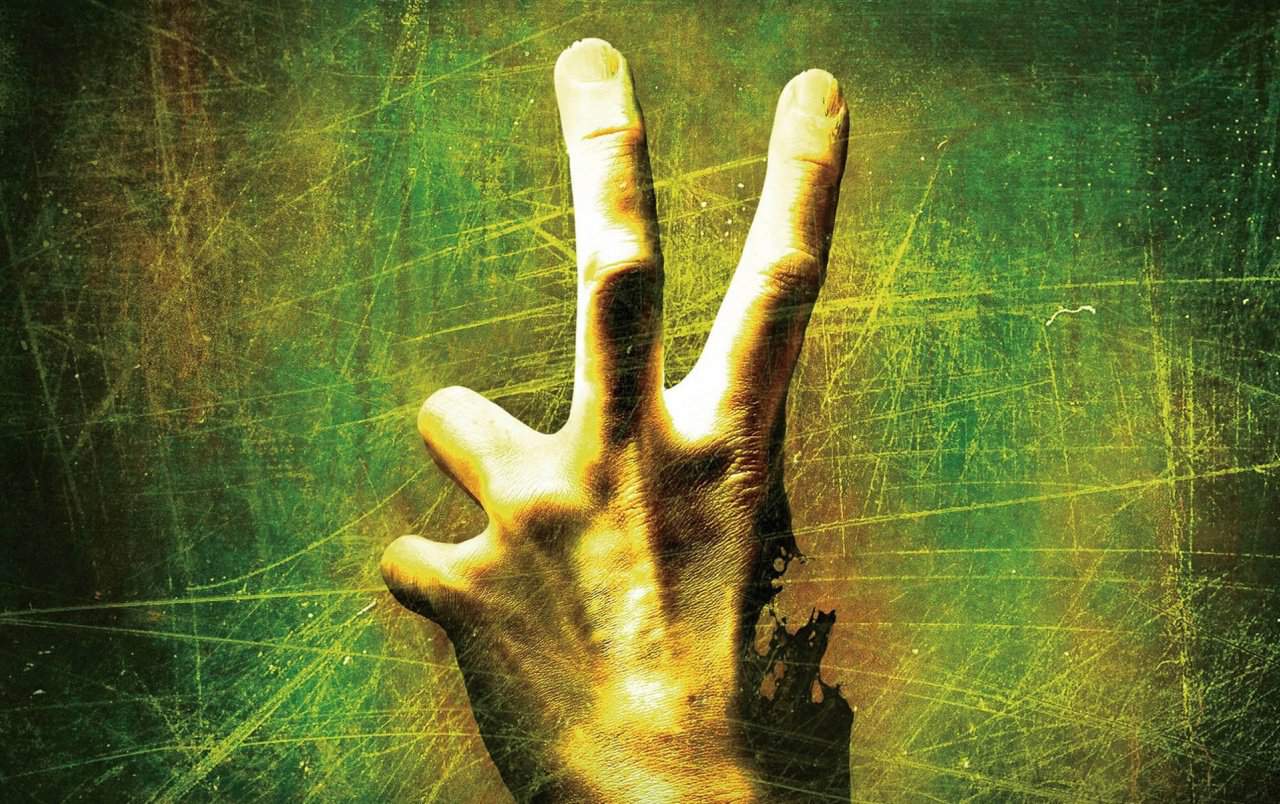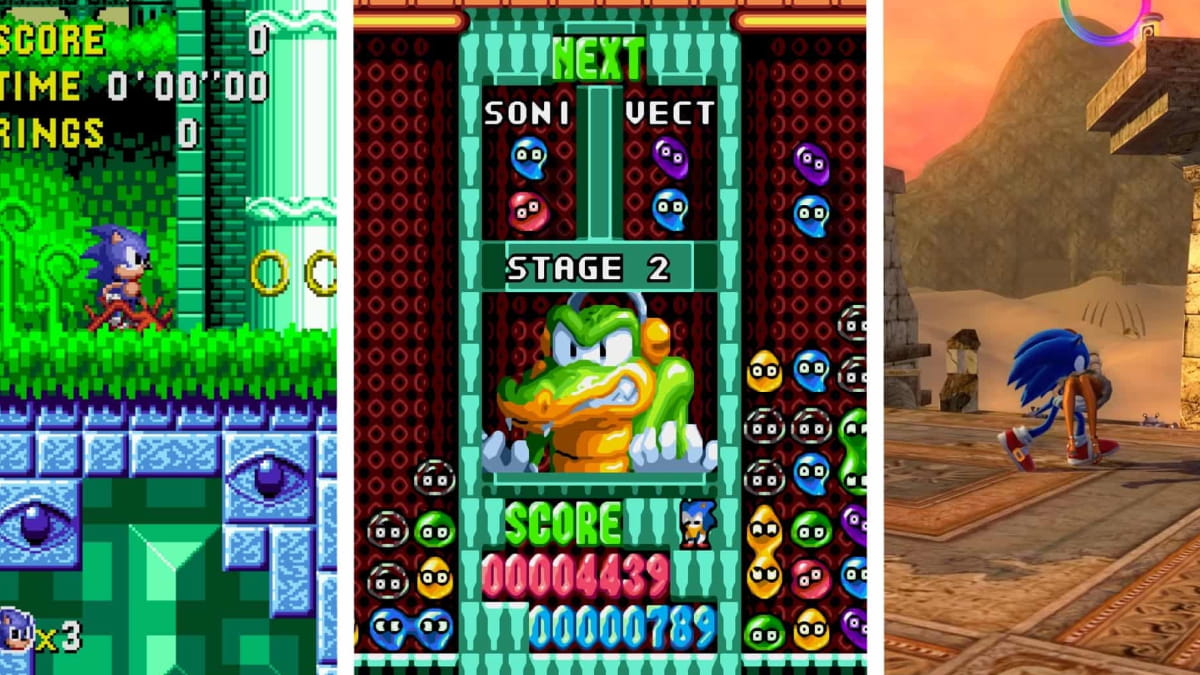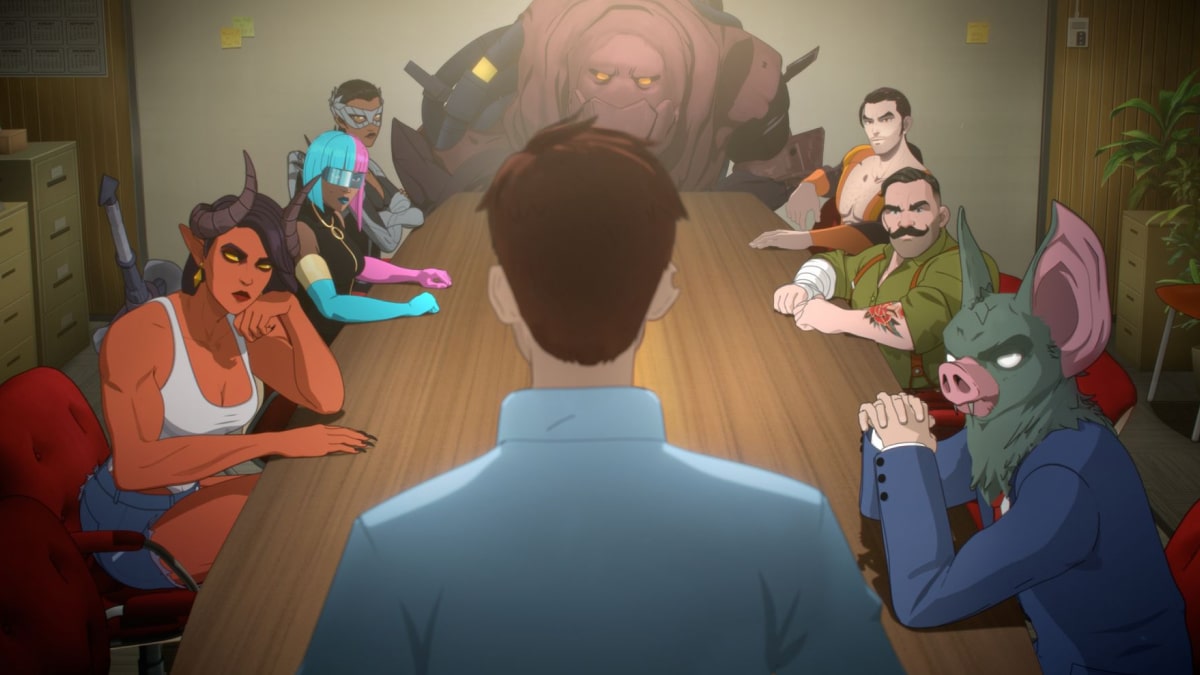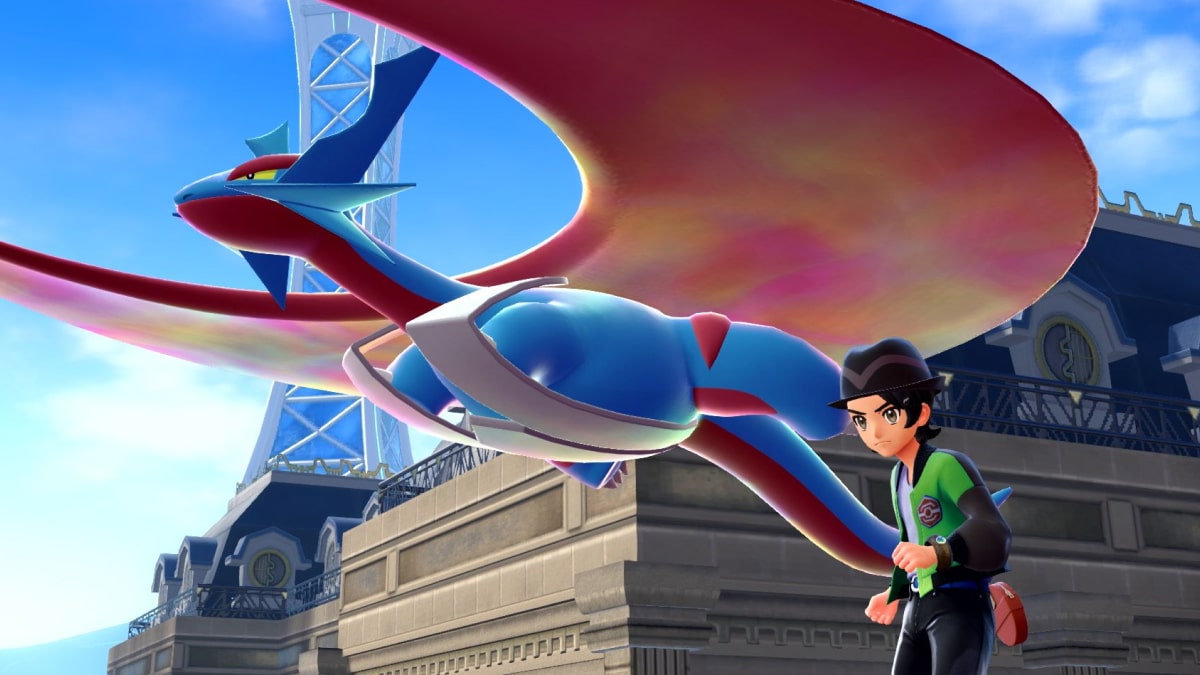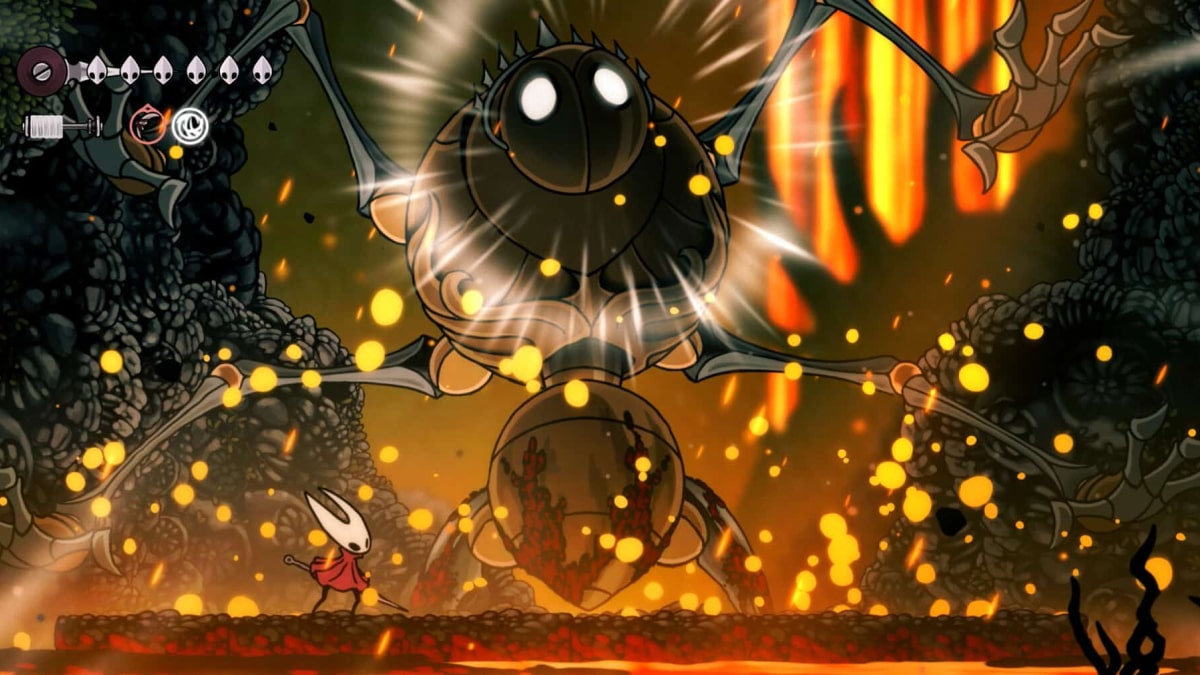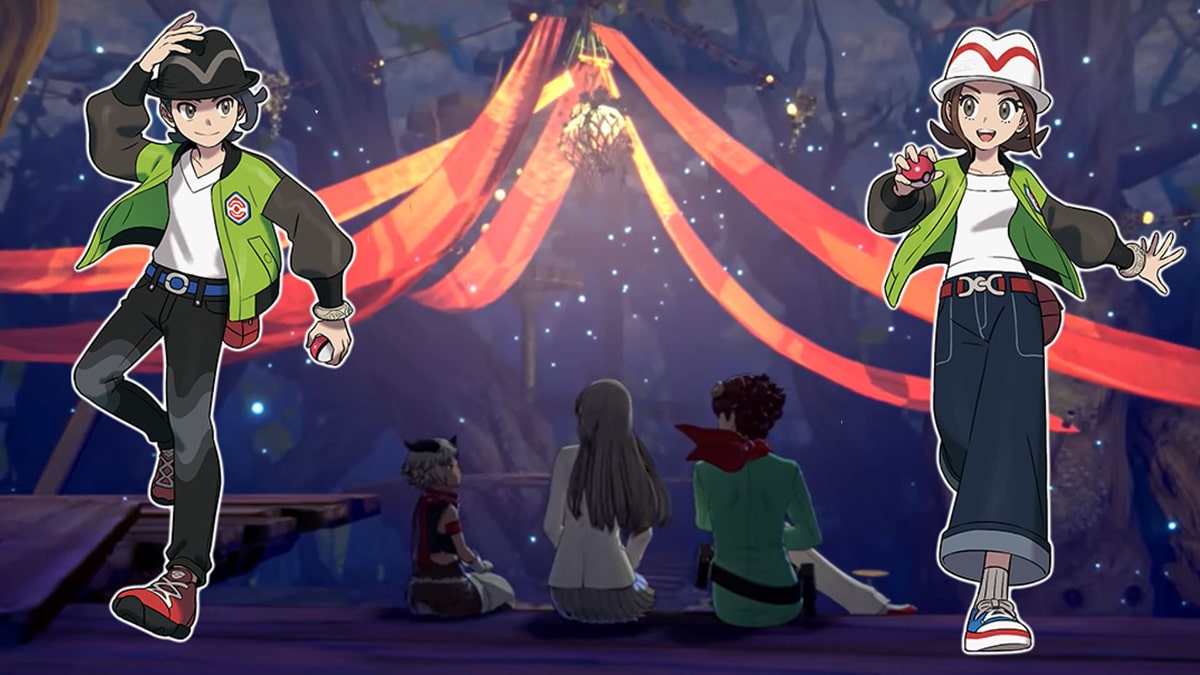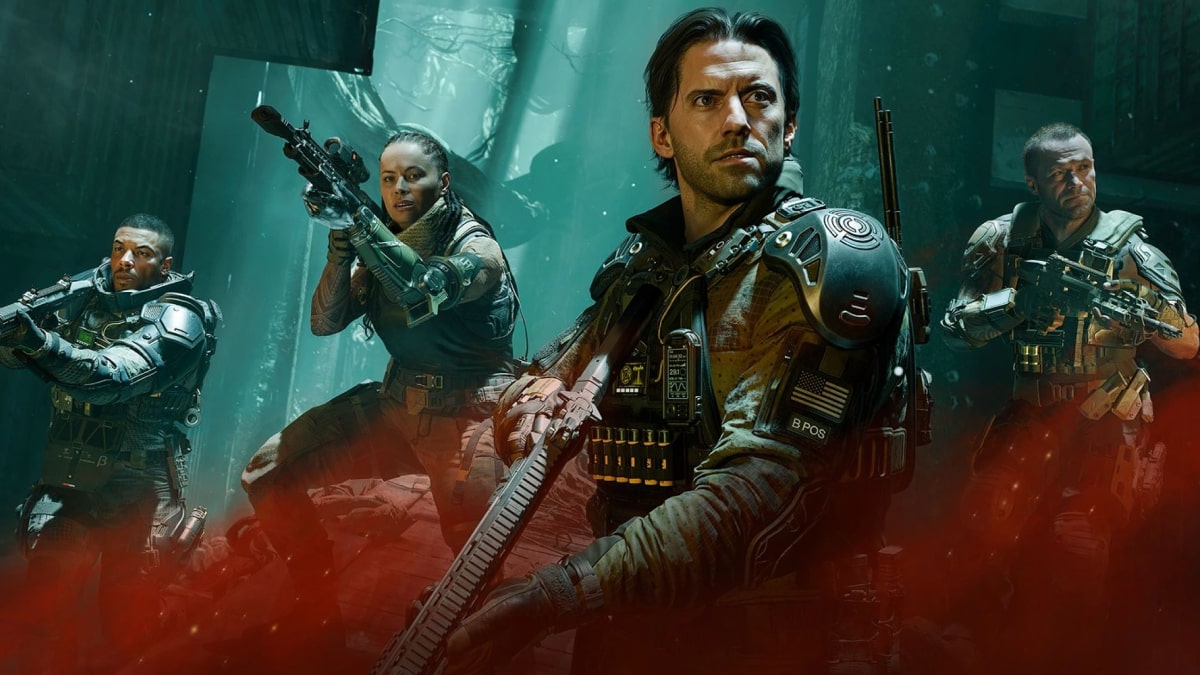You can trust VideoGamer. Our team of gaming experts spend hours testing and reviewing the latest games, to ensure you're reading the most comprehensive guide possible. Rest assured, all imagery and advice is unique and original. Check out how we test and review games here
Death, as far as rational human comprehension will allow, represents finality; the end, never to return. It’s a powerful, emotional, unyielding concept that dominates completely – directly or through shared consequences and experiences – certain times of our lives, perhaps even our whole lives. Death is not, by any stretch of even the most facetious imagination, a cheap idea.
Modern video games on the other hand have, generally speaking, treated death as both cheap and ephemeral – something entirely temporary and often with little to no genuine impact on player or the player’s world. Populist game design uses the term ‘death’ to represent failure, a means of punishment used to communicate to the player that their skills, tactics and/or tools are not quite at the required level.
Over the years the technological and social changes that the video game industry has gone through has resulted in adjustments to the ways we can overcome digital death and rise from our pixelated-ashes to try again. It was in the interest of arcade cabinets, housing the likes of Pac-Man, Space Invaders and Streets of Rage, to make death a near-inevitable part of the experience – arcade game owners and proprietors wouldn’t make much money if a single quarter would average two hours of playtime.
Resurrection in this case is quite literally tied to your wealth. Money was/is the means to eternal life, an idea that – despite the best efforts of half of Beverly Hills – is fallacy in the real world.
With the advent of the home console era the standardised approach to death changed. No longer was it possible, without a cheat code at least, to overcome death through financial unfair play. A limited set of lives in Mario, Sonic as well as ported editions of popular arcade games meant that, to a tiny degree, parity with actual life was closer. Although it was still possible to gain extra lives through collecting abstract items such as coins, rings or magic mushrooms, some sort of reincarnation limit existed.
Upon entering the ‘faux cinematic era’ of video games, the rules changed drastically. Death becoming even less consequential, less meaningful and went so far as to highlight completely the unreality of these supposedly increasingly realistic worlds. Say hello to the checkpoint system, a mechanic that promotes narrative dissonance to an extent that no other could ever hope to match.
You might have saved the world in Call of Duty, but your ooh-rah! grunting, bandana-wearing dude-bro died 300 times in the process. Ditto Gears of War. Ditto Batman. Ditto Uncharted. Ditto Halo. Ditto Battlefield.
By allowing you to try, retry and only lose 1.38 milliseconds (that’s exact, I timed it most scientifically) of progress each time, the very notion of death is devalued and illegitimised to the point of ridiculousness. Frankly, it may as well as not exist if you’re going to simply respawn six metres down the road with a restocked ammo and health supply. The lack of any sort of meaningful fail state in games such as this renders the narrative and gameplay impact of death entirely redundant. Consider the 400,000 deaths you sustained in CoD 4’s campaign. Which one had the most impact? Was it when you got ‘nade spammed? Or killed by troops rushing you?
Or was it when Sgt. Jackson – you, for all intents and purposes – gets caught in a nuclear blast, his last moments spent spent stumbling around in the eye of the storm? It’s been overdone since, but that moment shocked most that played it. You are dead. You are not coming back.
Narrative dissonance in games that employ the former system however, of death and insta-resurrection, would be reduced if you simply couldn’t die at all… it would be easier to believe that you saved the world as a soldier blessed with invincibility (and, for most of us, only the most mediocre of combat ability), then it is to believe you saved it by doing the phoenix-from-the-flame act 300 times in five hours.
It could be argued that the goal of death in these games is not to provide any sort of narrative impact, but rather to create tension by capitalising on your desire to not ‘fail’. For most of us, however, failure is only a motivator when the resulting consequences are meaningful. As ranted already, a 1.38 millisecond penalty is not much of a consequence, not much of a punishment.
Additionally, the ‘death is there for tension’ argument would only make sense if such examples didn’t have a story at all; death in Pac-Man, for instance, somewhat makes sense because it’s a game composed exclusively of rules and mechanics. The Souls games cleverly play around with these conventions, where death is as much a mechanic as life. Where narrative and death meet and fail to feel cohesive, dissonance exists.
There is no way for videogames to accurately represent death as it exists in the real world. Of course there isn’t. No matter how good we are at suspending our disbelief, the concept of the ‘game world’ is simply not as meaningful to us as the ‘real world’. Through their unique interactive properties, however, games, more than any other mainstream medium, have the opportunity to provide the closest representation.
Thankfully, times are changing. Rather than simply using it as a mechanical means to communicate failure, games are acknowledging death in new and exciting ways. Ways that could eventually, and in some case already have, genuinely change the way we both explore, play and perceive our virtual getaways.
Perhaps the most obvious example of this is the ‘perma-death’ idea that exists in the likes of the Fire Emblem and Diablo series’. The idea changes the way you interact with the world due to the fact that death means either the loss of a single character or the loss of your only character – in the first instance you’ll want to start again, in the second you have to. As a result, you play in a slower, more considered manner.
However, even this form of perma-death is shallow from an emotional perspective – coming nowhere near close to a recreation of the impact of actual death. In Fire Emblem and Diablo, death ultimately equates to a time penalty, albeit one that can be rather costly; measured in days as opposed to seconds.
Perma-death is used much more engagingly in the more recent open-world zombie-avoider DayZ, a game that manages to completely and utterly overshadow the impact of death in the previous two examples despite still officially being in beta. Dying in DayZ is gut-wrenching to the player experiencing it. All of the painstaking work you’ve put in over the hours, days, months to find even just one gun and a clip of ammo gone in a matter of seconds thanks to a single moment of clumsiness or laziness.
Your death, though, is infinitely more affecting for those other players that you’ve left behind. They’re the ones left in game world, possibly alone, mourning the loss of their companion and ally and all the while wondering if it was their fault that you died. Could I have done something more to help? Was it actually me that was being lazy? What do I do now?
Yes, said dead player can return to the world as a new character, but that character is gone forever. What’s more, by the time you’ve re-entered the world, the player/s you left behind might be dead. You might have been able to save them if you were still alive. Your death, perhaps, killed everyone.
In DayZ, through intelligently designed perma-death and teamwork systems, the narrative impact of death is enormous. Your whole story, everything you’ve built and worked for, can be destroyed in an instant and, unlike Diablo or Fire Emblem, the chance to recreate it is exactly as it was is virtually zero.
A similar, although shorter-term, example of impactful death through multiplayer can be found in Left 4 Dead. Anyone that has played that particular example of co-op perfection will be familiar with the sense of guilt and dread that tears your stomach apart when you decide to close the door of the safe house while one of your number is still outside. You can hear their screams and shouts of anger through your headset as a Smoker pulls them to their doom. They’re dead. You’re alive. You decided that.
Other recent games think about death in a very different way, albeit one that harbours at least equal narrative impact. Rogue Legacy is a wonderful example of how to warp the expectations of what players understand as video game death, giving the idea new meaning but doing so via familiar gameplay systems and approaches.
When you die in Rogue Legacy (fundamentally a traditional platformer in the Ghosts ‘n’ Goblins mould) you begin the whole game anew, albeit now controlling your chosen heir. This heir inherits some of your physical traits, as well as anything you’ve earned in your previous playthrough – embedding a sense that both genetics and wealth are being passed down through generations.
/https://oimg.videogamer.com/images/7d4f/rogue_legacy.jpg)
Death in Rogue Legacy does not represent narrative finality, it is quite literally used as a means to develop a narrative legacy. With each death, with each birth, the heritage of your family becomes both deeper and more unique – the traits of a grandparent or great-grandparent still visible in your rogue of today.
Humans have long sought to promote and romanticise the idea of a ‘legacy’, that a single person may die but their impression and impact continues to live on in the world through a newer, fresher, smarter version of themselves. It’s an idea created with a view to dampen the stubborn reality of death as finality.
Rogue Legacy takes that real-world concept and distills it quite effectively in digital form, highlighting starkly that original, thought-provoking design is more capable of genuine engagement than the most photo-realistic of visuals could ever hope to be. Here’s a game whose gameplay is instantly recognisable, but its delivery is remarkable in its creativity.
Not all games, or game designers, have the luxury of freedom afforded to the likes of Rogue Legacy or DayZ and, having been a core component of design across most genres for so long, en masse change and modernisation of death in games will be a long time coming. For some titles, such a change isn’t necessary, but for those seeking to explore any kind of meaningful narrative it is essential.
Left 4 Dead 2
- Platform(s): Linux, macOS, PC, Xbox 360
- Genre(s): Action, First Person, Shooter

/https://oimg.videogamer.com/images/38fb/left_4_dead_2_40.jpg)
